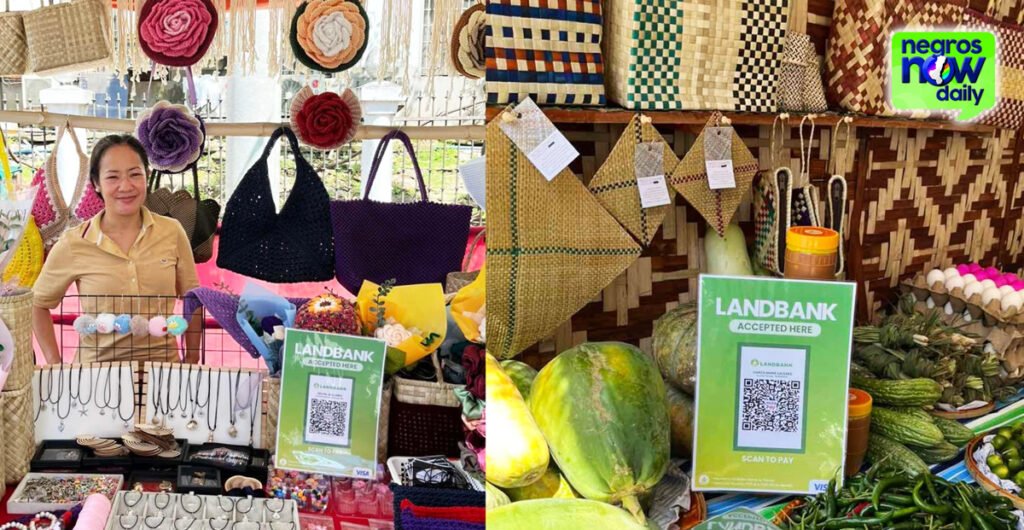Landbank reaffirmed its commitment to fostering a sustainable and resilient food system across the country by showcasing its integrated financing programs, capacity-building initiatives, and digital solutions through its support of the inaugural Terra Madre Asia & Pacific (TMAP) 2025, held Nov. 19-23, in Bacolod City.
TMAP, part of the global Slow Food Movement, brought together over 2,000 farmers, fishers, international chefs, indigenous leaders, and advocates from across the region to promote “good, clean, and fair” food, biodiversity conservation, and sustainable food systems.
“Landbank and Slow Food align with sustainable and inclusive agriculture. Through this partnership, we aim to further strengthen local food systems, empower our farmers and fishers, and help ensure that every Filipino has access to nutritious, clean, and fairly produced food,” president and CEO Lynette Ortiz said in a statement Nov. 27.

The Slow Food movement, founded in Italy in 1989, is dedicated to protecting local food cultures, traditional farming practices, and biodiversity. It champions food that is good in quality and taste, clean in its respect for the environment, and fair in terms of pricing and conditions for producers. Today, Slow Food is a global network present in more than 160 countries, working with diverse communities to promote sustainable, community-centered food systems.
“Good, clean, and fair food for all is a universal right. To achieve this, we must protect our biodiversity and environment, as this principle is inseparable from supporting our farmers and ensuring everyone has access to proper, quality food,” Reena Gamboa, Terra Madre executive director, said.
Building on these principles, Landbank’s agricultural programs aim to strengthen connections across the value chain. The bank’s financial and digital services complement community-led efforts by providing stakeholders—from producers to processors to markets—with the tools and support that they need to thrive.
The bank’s participation as a key sponsor of TMAP 2025 further reflects its support for Slow Food initiatives, underscoring the Bank’s commitment to promoting sustainable agriculture, food security, biodiversity conservation, and climate-resilient, community-driven value chains.
On Nov. 20, Landbank first vice president Allan Bisnar introduced Agrisenso Plus, the bank’s flagship lending program, which delivers comprehensive value-chain support by integrating credit, technical assistance, and digital solutions, along with free life and credit life insurance. The program is designed to empower small farmers and fishers, offering customized financing, market linkages, and data-driven insights to boost productivity and efficiency.
Agrisenso Plus features a reduced fixed interest rate of three percent per annum for small farmers, fishers, and agrarian reform beneficiaries (ARBs), with competitive rates for associations, cooperatives, micro, small, and medium enterprises (MSMEs), large enterprises, anchor firms, and agriculture graduates.
“Agrisenso Plus reflects our commitment to strengthening the entire agricultural value chain. By combining accessible financing, capacity-building, and digital solutions, we are enabling our farmers and food producers to thrive in a rapidly changing environment and ensuring that local food systems remain resilient and sustainable,” Ortiz emphasized.
Complementing the program is the Landbank ASCEND (Agri-Fishery Support through Capability Enhancement for Nationwide Development), a capacity-building initiative that provides training in digital financial literacy, sustainable agriculture, and enterprise development.
As of Sept. 2025, the bank has released over P1.96 billion in loans under the Agrisenso Plus Lending Program, supporting more than 12,300 borrowers nationwide, most of whom are small farmers and fishers, following successful rollouts in key agricultural hubs across Pampanga, Cagayan, Isabela, Batanes, Bukidnon, Iloilo, Palawan, and Negros Occidental. ||




